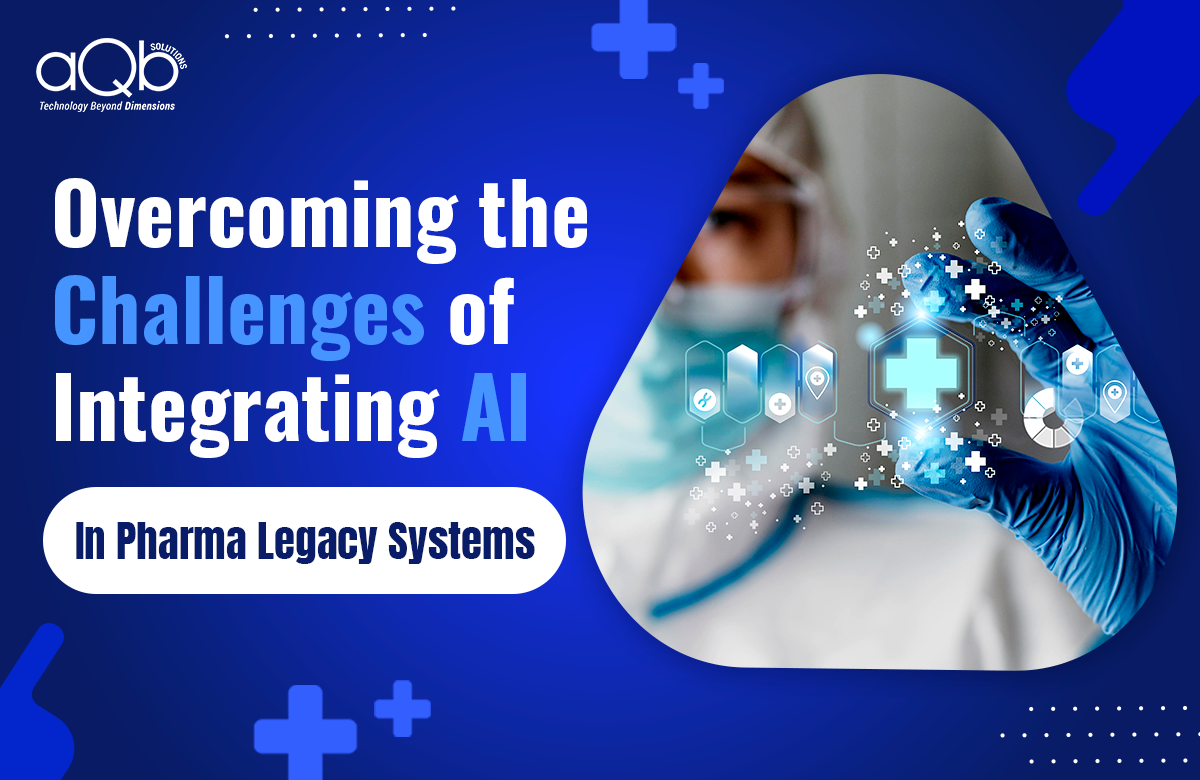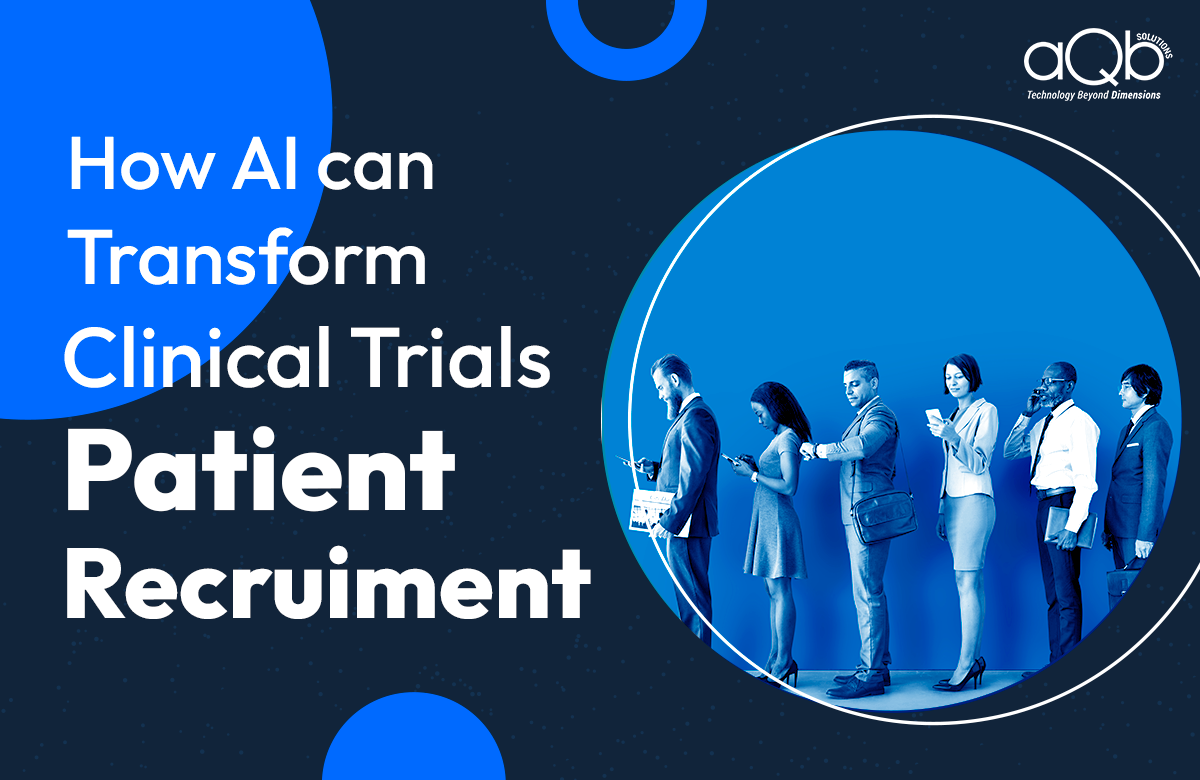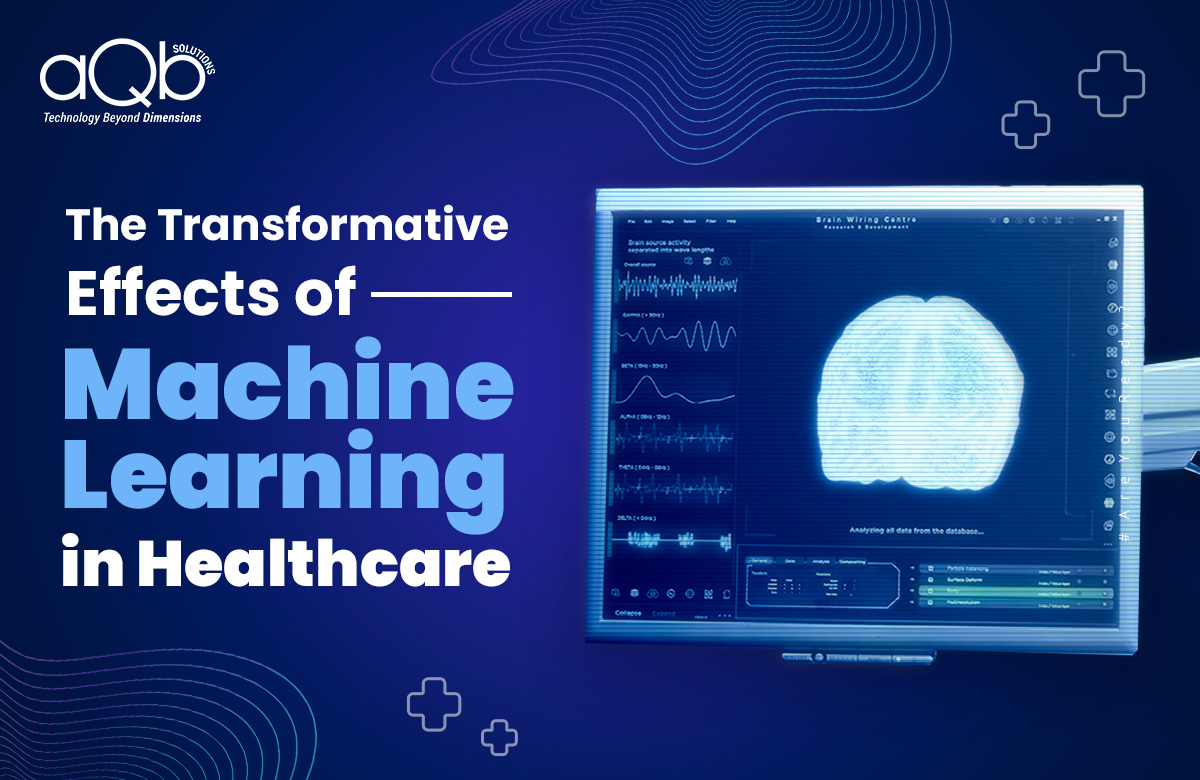Maintaining complete study traceability is crucial in clinical research, as it guarantees the integrity, reliability, and accountability of the entire research process. Traceability entails the capability to monitor and document each stage of the study, from its inception during the design phase to the eventual analysis and reporting. However, clinical researchers frequently encounter obstacles in achieving comprehensive study traceability. In this discussion, we will examine how the utilization of AI and Knowledge Graph can effectively eliminate these obstacles.
The Significance of Comprehensive Study Traceability
Quality Assurance:
Traceability guarantees adherence to strict quality standards and regulatory guidelines throughout all facets of the study. Through meticulous documentation of each phase, researchers can demonstrate the ethical conduct of the study in alignment with established protocols.
Data Integrity:
Traceability safeguards the integrity of collected data throughout the study. By tracing data from its origin to its eventual analysis and interpretation, researchers can verify its accuracy, completeness, and reliability.
Transparency:
Full traceability enhances transparency by enabling other researchers to review and replicate both the methods and results of the study. This transparency is vital for cultivating trust within the scientific community and ensuring the independent validation and verification of research findings.
Regulatory Compliance:
Numerous regulatory bodies mandate thorough documentation and traceability in the approval process for clinical studies. Complete traceability assists researchers in showcasing adherence to regulatory standards and expedites the approval process for novel treatments and interventions.
Risk Management:
Traceability empowers researchers to recognize and address risks encountered during the study. Through documenting potential sources of error or bias, researchers can proactively mitigate these risks, thereby safeguarding the validity of the study results.
Auditing and Accountability:
Traceability establishes a transparent audit trail for all aspects of the study, ensuring researchers can be held responsible for their actions and choices. Such accountability is critical for upholding public trust and confidence in the research process.
Overcoming Traceability Challenges with AI & Knowledge Graph
In clinical research, attaining comprehensive study traceability and expediting study construction are key objectives. However, researchers frequently encounter specific challenges in their efforts to accomplish these goals.
- Challenges with data quality during analysis.
- Difficulties in executing statistical procedures as per specified requirements.
- Insufficient availability of proficient statistical programmers.
- Real-time monitoring issues
These challenges can be overcome with the use of Knowledge Graph and AI.
The utilization of AI and Knowledge Graphs offers a solution to surmounting these challenges:
Knowledge Graphs support clinical research by organizing data connections, detecting discrepancies, streamlining workflows, and strengthening quality assurance protocols, thereby ensuring precise and dependable data analysis to enhance research outcomes.
Difficulties encountered in adhering to specified statistical protocols:
Utilizing AI-based solutions can effectively tackle non-compliance with specifications and procedures in clinical trials. By leveraging AI and ML technologies, the intricate SDTM mapping process can be automated, resulting in a significant reduction in manual workload for SAS programmers and shortened timelines, all while maintaining consistent data quality.
Limited availability of proficient statisticians with programming expertise:
AI copilots can boost the efficiency of statistical programmers in clinical research by offering automated guidance, recommending code segments, identifying errors, and assisting in the execution of intricate statistical techniques. This enriches the capabilities of your statistical programming team.
Challenges with monitoring in real-time:
Knowledge Graph aids in organizing data relationships for real-time monitoring systems in clinical research, facilitating the visualization of data flows and pattern recognition. AI copilots can enhance this by providing real-time analysis, detecting anomalies, and offering predictive insights. Leveraging machine learning algorithms, AI copilots continuously analyze incoming data streams, identifying deviations in real-time based on learned patterns. Additionally, they utilize predictive modeling to forecast future trends, enabling proactive interventions.
So, leveraging Knowledge Graph and AI revolutionizes clinical research, addressing obstacles, accelerating study design, and promoting traceability. Together, they equip researchers to navigate complexities and propel significant advancements in healthcare.
If your clinical research organization seeks comprehensive traceability in its studies, we are here to assist you! As a prominent data science company, we excel in AI/ML and Knowledge Graph technologies. Our profound expertise in these areas positions us to steer you toward success.




